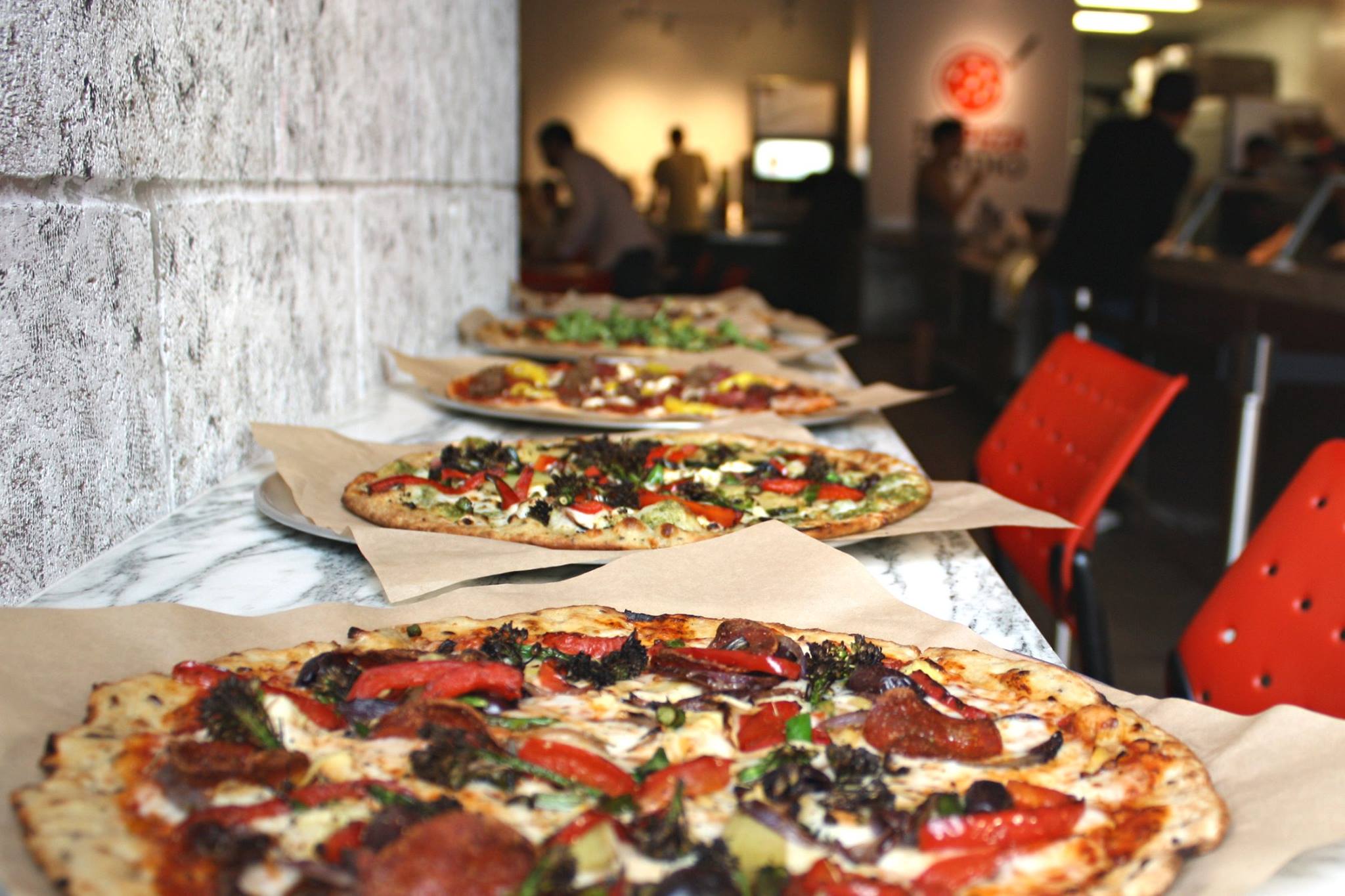William Simpson is banking on fast-casual pizza.
The former Panera senior vice president and chief franchise officer joined California-based Pizza Studio as its chief operating officer with the hopes of propelling the brand to the top of one of the most thriving segments in the industry.
“With all the new concepts out there, it feels like fast-casual pizza is going to be the next exciting, high-growth segment in the restaurant business,” Simpson says.
Pizza Studio currently operates 15 units across the country, with a presence along the West Coast and in New York, Washington, D.C., and the Midwest. Simpson expects to double that unit count by the end of this year and will work to reach 100 locations nationwide by the end of 2015. To do so, Simpson says, the company will focus on ensuring its operations are scalable and consistently executed on the store level.
“Pizza Studio’s quality of product and product offering, with the five varieties of crust and high-quality ingredients, were a big plus. Consistency of execution with the oven they use continues to evolve,” he says.
The brand’s customizable 11-inch pies, which are available with traditional, whole grain, rosemary herb, gluten-free, or spicy Firecracker crust, are baked in a high-heat over that ensures there are no cold spots or burn spots, Simpson says. Guests can choose from five sauces, including basil pesto and spicy buffalo; four cheeses; and more than 20 vegetable and protein toppings. There’s also a lineup of specialty pies, like the Island pizza, which features Mozzarella, caramelized onions, bacon, pineapple, and basil atop a traditional crust.
“We have to make sure the operations itself is scalable and repeatable, that we can get quality product throughout the country, that we get the throughput correct every time and are consistent with quality,” Simpson says, citing the concept’s scalability as a key point of differentiation from many pizza fast-casuals that are not quite there yet.
The concept’s Starving Artist Wall, which gives local artists the chance to exhibit and sell their work while paying no commission, is also an important point of differentiation. That sort of community connection “will endear people to us,” Simpson says.
To ensure Pizza Studio is on track for 100 units by 2015, Simpson and company will focus on finding high-quality franchisees first in large urban markets on both coasts and then fill in throughout the middle of the country. As much of the chain’s produce is locally sourced when possible, potential franchisees will also need to possess connections to local suppliers, Simpson adds.
“The franchise-to-corporate split is just about 50/50, maybe a little heavier on the franchise side,” Simpson says. “We’ll grow the franchise side quicker, but we’ll expand the corporate store count, too.”
By Tamara Omazic








